HBO Scripted and Reality TV Series Production Entertainment Agreements
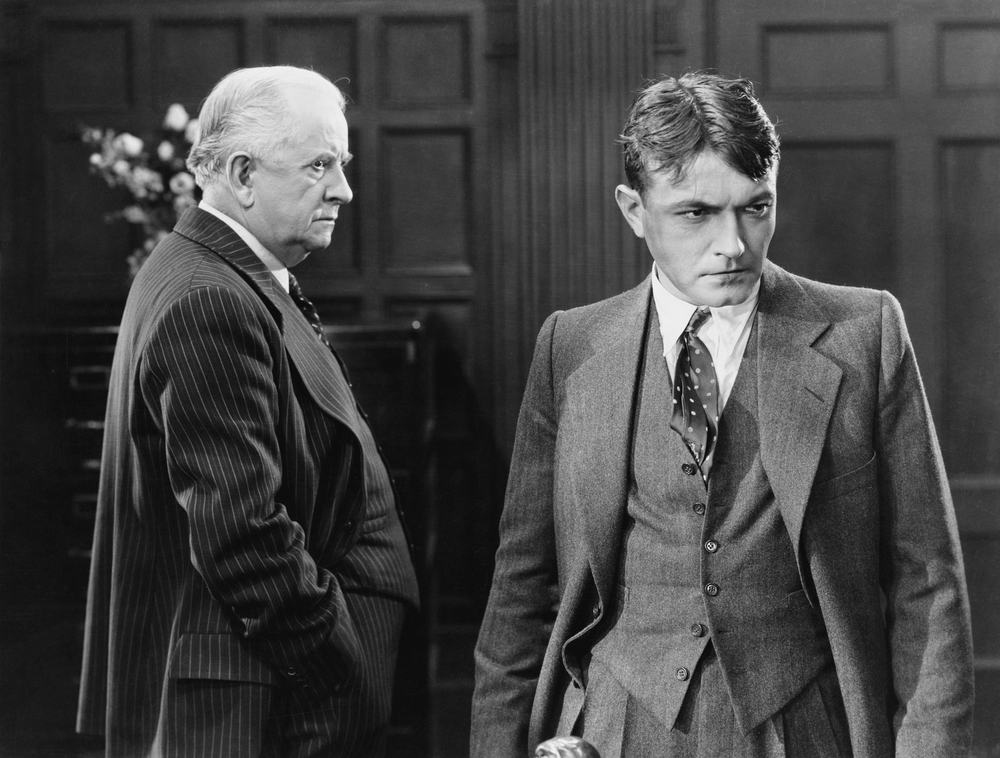
HBO Scripted and Reality TV Series Production Entertainment Agreements
California HBO Scripted and Reality TV Series Production Entertainment Agreements Lawyer Sebastian Gibson, The First Choice in California Television Series Production Entertainment Agreement Attorneys
HBO Scripted and Reality TV Series Production Entertainment Agreements Lawyer Sebastian Gibson knows in his heart there has never been a more exciting time for film and television production companies looking to produce and pitch film projects and television scripted and unscripted limited dramatic and reality series to streamers like HBO, HBO Max, Netflix, Amazon Prime Video, Hulu and the BBC, not to mention Disney Plus, Peacock, Discovery Plus, Paramount Plus, and Apple TV.
If that’s not enough for producers, directors and writers to get excited about, there’s still the networks, other players in Britain, and can it be long before we see Facebook and other social media companies joining the streaming revolution and reaching out to film and television producers for content.
No matter what type of TV project you have, a dramatic or reality television show, a limited series or one that could seemingly go for 6 or more seasons depending upon how successful it is and whether a franchise or universe could be built around it, there has never been a better time to be developing a television series project or to pitch it to HBO and HBO Max.
With streamers like Netflix holding the purse strings however, the streamer essentially pays talent handsomely and a premium over production costs in return for wanting to retain most of the worldwide rights. In essence, the production company signs away the majority of future revenue opportunities to the company for a larger payment up front.
A production company that would otherwise make money through licensing deals, syndication and by other means such as merchandising and product placement will for the most part not be able to reap the rewards they would otherwise do so if the show is a big hit.
Even that larger payment up front to a producer doesn’t necessarily mean a production company will make a profit after the first season of a television series. That’s because of the costs a streamer will either deduct, such as a fee for distribution of a show, or because of the obligations a streamer may put on a producer to pay such items as residuals to talent when the episodes are shown on the streaming service’s platform.
While a production company may negotiate a bonus if a show is renewed for subsequent seasons, such bonuses simply are not nearly as lucrative for a producer as would be if the production company had retained all the rights.
To retain more of the rights to licensing and syndicating and profiting from their projects, they will need to pursue independent projects that offer a better shot at reaping the rewards for a successful project. The trouble with that plan while the pandemic continues to rage is that with theaters closed and networks becoming less and less relevant, streamers are almost the only game in town at present.
The advantages of working with a streamer for the most part is that the streamer takes a hands-off approach and lets the production company make the project they want to make once it is greenlit. Additionally, the production company has less risk and less riding on the project if it’s a failure even if that means the potential for a pot of gold at the end of the rainbow for a successful project is only a tin cup with some silver.
Despite these issues in dealing with streaming services, what we are witnessing right now was, at least pre-Covid, the beginning of a golden age of content production for film and television producers of scripted and reality series and streamers that will drive a creative environment in every facet of the film and television industry for generations to come. The script has yet to be written for what will take place post-Covid.
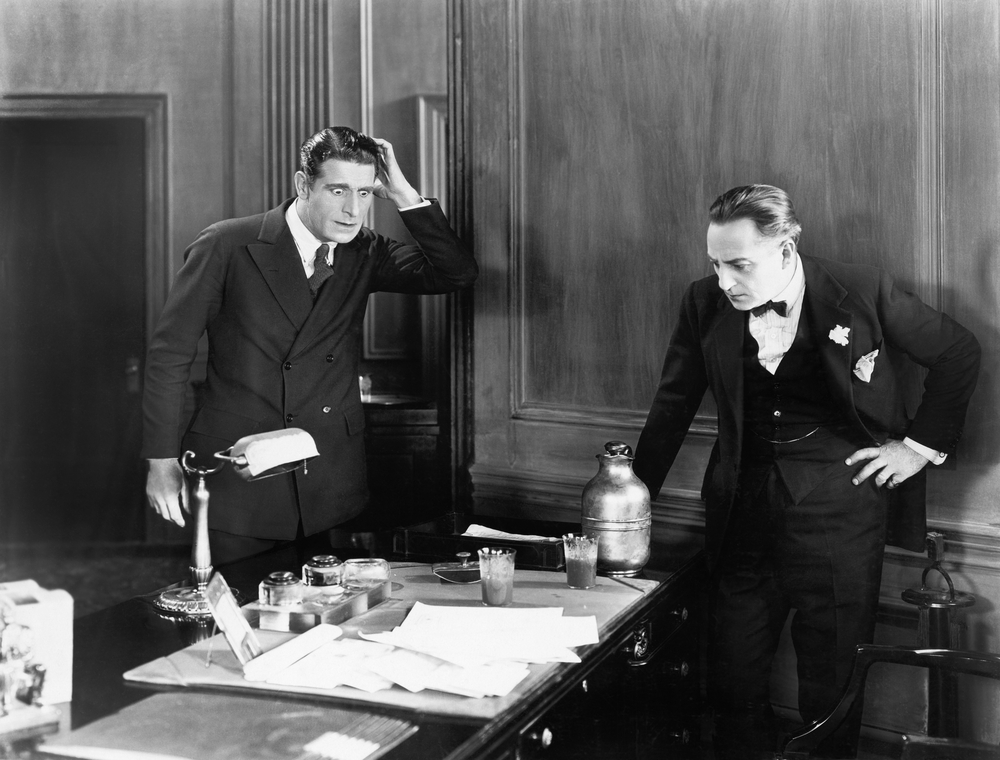
HBO Scripted and Reality TV Series Production Entertainment Agreements Attorney Sebastian Gibson
With law degrees in both California and Great Britain and over 40 years of combined practice in California and London, Scripted and Reality TV Series Production Entertainment Agreements Attorney Sebastian Gibson is the entertainment attorney to turn to for film and television projects being produced in the U.S. and the U.K.
Scripted and Reality TV Series Production Entertainment Agreements Attorney Sebastian Gibson has been named a Top Lawyer for the past 12 years in a row by the prestigious Palm Springs Life Magazine and has been rated “Superb” (their highest rating) by Avvo which rates attorneys all across the U.S. He has been called “Brilliant” and “A Legend” and is recognized as a celebrity lawyer in the U.S. and the U.K. having been asked to appear on Fox News as well as ITV National News in London as such.
As an experienced entertainment lawyer in California with law degrees both in California and Great Britain and over 40 years of practice both in California and in London, one is constantly headhunted for positions such as Senior Vice President of Legal Affairs for a film and television studio or production company, or some other position with an exalted title which essentially means the lawyer will work long hours every week and rarely see the light of day.
The problem with taking any positions like that is 1) you’re generally required to work in Los Angeles, which with it’s traffic and other issues is basically a pit and 2) you’re expected to take the side of the entertainment entity against creative people when drafting or negotiating contracts with them, and 3) even if you represent the creative people, you can’t afford the time to truly assist them with their legal concerns, or be of help to them with the creative aspects of their work.
But even more important than those drawbacks is that when you’re working for an entertainment conglomerate or even a small production company, you generally have no input in the creative side of the business. Not that most attorneys have had experience making films or a TV series (though many are frustrated musicians), but for those who have a creative background, it’s a rare situation where an entertainment head of legal affairs is able to have any part in the creative decisions for the entity.
An entertainment attorney at a large entertainment law firm isn’t in a much better position. Large entertainment law firms who represent large entertainment companies similarly hire lawyers to follow strict marching orders of the senior partners. An attorney who wants to be involved in the creative side of entertainment clients in film, television, publishing, modeling, music, art or any other aspect of entertainment is rarely able to do so. An attorney in a large entertainment law firm in most cases isn’t even allowed to contribute to the law firm’s website.
It’s the attorneys in more boutique entertainment law firms or solo practitioners who have the ability to pick and choose their clients. Such attorneys can refuse to take untenable positions foisted on them by senior partners. They can have outside interests or their own entertainment projects and by doing so gain valuable experience. But most importantly, they are not just attorneys but counselors as attorneys are meant to be.
An attorney without the leash that comes with a big law firm is able to work independently and more creatively. They are able to spend the time, even without charging a client if they wish to do so, to do whatever it takes to help a client the most to get a great project created, developed and produced rather than to simply produce something mediocre because that what a large entertainment conglomerate feels has worked for them in the past.
The client who feels so lucky to have a streaming service or a network or cable channel interested in their project and who will take any type of offer made to them either with an attorney’s advice or without, is throwing away their chance to truly participate in the profits of their project simply in the hopes that by taking the first offer made to them will 1) show they’re easy to work with or 2) lead to more work down the road at which time they can hold out for a better deal on the next project. And an attorney who advises them to take a bad offer is not worth the money they charge for that advice.
California Entertainment Attorney Sebastian Gibson thinks differently. This could be your one shot at recognition, and for a fair share for creating, writing, directing, producing or being a showrunner on a brilliant project, and even if it is not, you’re short changing yourself when you agree to work for less than what’s fair for your creative and inspired work.
Work with an attorney you can have faith in to stick up for you, who will be at your side when you need them and who is as involved in your project as you are. Choose an attorney who recognizes what you’ve created, what you can add to a great project, and whose guidance and creative abilities can be of value to you rather than someone who just plays with legalese and numbers.
When considering who to retain to represent you, your endeavors or your project in entertainment, the right attorney can make all the difference. The right choice is California entertainment lawyer Sebastian Gibson.
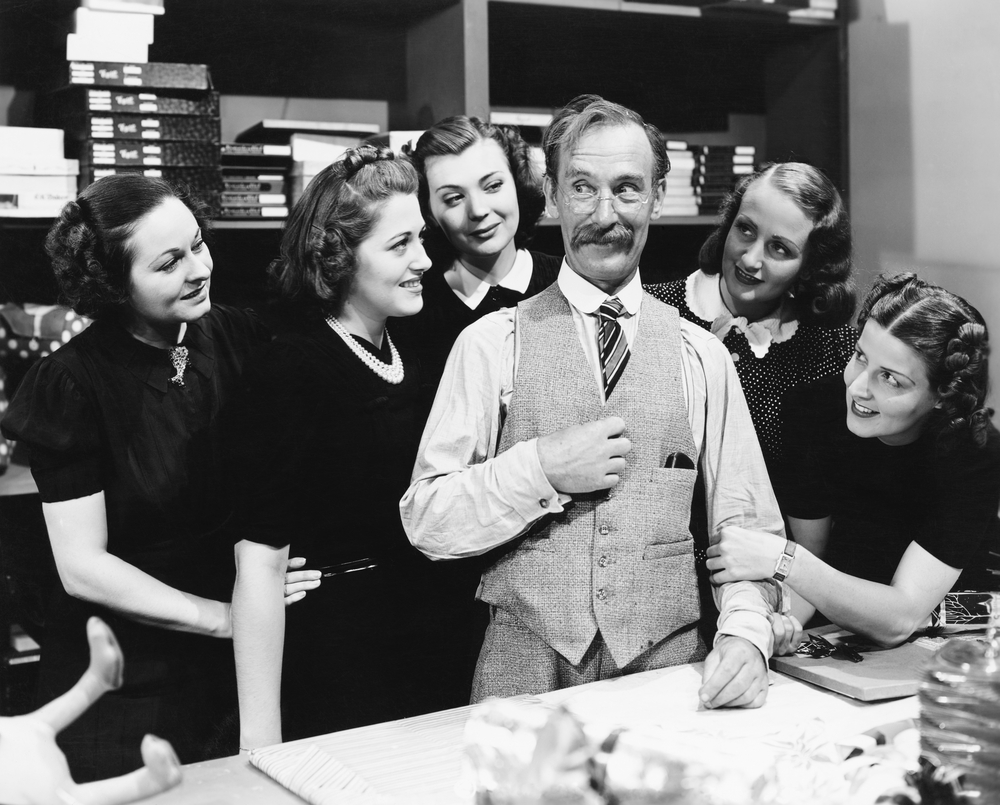
Some Examples of Scripted TV Series and Films Developed and Pitched by Producers to HBO
Game of Thrones
George R. R. Martin, the author of the A Song of Ice and Fire series of novels which would later become The Game of Thrones on HBO had held meetings with other scriptwriters, most of whom wanted to adapt the series as a feature film which to Martin made no sense.
Then in January 2006, screenwriter David Benioff had a telephone conversation with Martin’s literary agent about the books by Martin he represented. The literary agent sent Benioff the first four books in the series and after reading a hundred pages or so, Benioff talked with television producer, writer, and director D.B. Weiss about adapting the novels into a television series.
After a five-hour meeting with Martin in which they won over the author who always imagined it would have to be on HBO, they pitched the series to HBO. HBO acquired the television rights to the novels, with Benioff and Weiss as the series’ executive producers and Martin as a co-executive producer.
The series began development in January 2007, but a pilot was not ordered until November 2008 and did not film until 2009. Even after it was shot, it had to be reshot, all at great expense. While HBO was mulling whether or not to green-light the pilot, Benioff and Weiss kept telling them the show would be a big hit. Eventually, HBO believed them despite the fact Benioff and Weiss had never made a TV show before and basically were talking out of their hat except for the fact they were enthralled with Martin’s books.
Principal photography for the first season was eventually scheduled to start on July 26, 2010 and the rest is Targaryen history.
The Sopranos
Screenwriter, director and producer David Chase had been a television producer for more than 20 years before he created The Sopranos and by 1966 was a sought after showrunner.
The Sopranos was initially conceived by Chase as a feature film about a mobster in therapy but then decided to adapt it into a television series. Together with producer Brad Grey, they pitched The Sopranos to several networks.
Fox showed some initial interest but passed on it after reading the pilot script. According to Chase, in fact all of the networks turned it down. It was either too dark, or not violent enough were among the reasons Chase felt they passed on it.
Chase was not enamored with cable, but they eventually pitched the show to HBO which was just beginning to show interest in original programming. The pitch was made to HBO Chris Albrecht, president of HBO Original Programming. Grey had known Chris Albrecht, HBO’s then president of original programming, for years and that connection would prove fortuitous.
Brad Grey had learned that HBO was looking for new shows, so he called Albrecht and sent over a reworked version of the pilot script. According to Albrecht, they had never read anything like the pilot before and the writing, which in the end is always the most important, just jumped off the page.
Albrecht was interested and saw things in the pilot the networks did not. Those aspects in Chase’s pilot which had turned off the networks didn’t bother him at all. He saw that the Mob aspect was simply a draw that would keep viewers returning to the show while the show was really about a guy with family problems trying to bring his business into the modern age and who starts to see a therapist because he’s depressed and searching for the meaning in his life.
HBO in those early days didn’t agree to finance projects for $100 million or $200 million. But Grey had the foresight to finance a pilot episode, and despite the fact that deals at that time were small by today’s standards, a deal was struck.
From HBO’s standpoint, the costs were going to be enormous for that time. During its first year it was going to be the most expensive drama possibly anybody had ever made, and would eventually be $2.5 to $2.7 million per hour. That meant $30 million for a series about a gangster who’s going to a shrink.
Worse yet, from the viewpoint of some at HBO, Chase wanted to call the series, “The Sopranos.” So now it was going to be a $30 million series about a gangster who has to see a shrink but which sounds like it’s a show about opera? But eventually but not after more hair pulling, Chase got his way.
The pilot was shot in 1997. Then after the pilot was shown to HBO executives the show was put on hold for several months. HBO couldn’t make up its corporate mind for the reasons above. During the delay, no one, not even Chase thought the show would get picked up. It simply violated too many rules of television, even cable television. Chase was still anxious to get away from TV and into film, but to everyone’s surprise, eventually, HBO decided to produce the series and ordered 12 more episodes.
The first episode, the pilot, premiered on HBO on January 10, 1999. The reviews were overwhelmingly great and the show became a phenomenon. HBO drew huge numbers and was no longer simply that cable station that just showed boxing fights. Quite suddenly, talented people like Chase who had only really wanted to work in films wanted to work for HBO. The final episode of The Sopranos, a show about opera, was shown on June 10, 2007.
The Flight Attendant
The Flight Attendant is an adaptation of the book by novelist Chris Bohjalian. Kaley Cuoco optioned the rights for her then newly formed production company, Yes, Norman Productions. Then she got Warner Bros. involved in the project.
Tokyo Vice
Created and written by playwright J.T. Rogers based on Jake Adelstein’s nonfiction book, Tokyo Vice was initially envisioned for a feature adaptation in 2013. But in June 2019, the project was optioned as a television series, and received a 10 episode straight to series order by WarnerMedia to stream on their new streaming service HBO Max. In October 2019, Michael Mann was hired to direct the pilot episode for the series and Mann will also serve as executive producer for the series
Tokyo Vice is the account of a young American journalist working the Tokyo Metropolitan Police beat by embedding himself into the Tokyo Vice police squad to reveal corruption. But as he discovers, no one is truly what or who they seem.
Endeavor Content is producing the series and handling international distribution, with Premium pay-TV broadcaster Wowow on board the project as a co-producer and retaining all of the rights for Japan.
Kayo Washio, who runs Wowow’s Los Angeles office reportedly had his eyes on the material for some time and believes it will be an event series that captivates audiences in Japan, and throughout the world. Indeed, it is one of the most anticipated series on all of the streaming services for 2021.
Dune
In December 2020, Warner Bros. announced that its entire slate of movies planned for 2021, including Dune, will be streamed for a period of 31 days simultaneously on the HBO Max service while at the same time exhibited theatrically, after which the film will be removed from HBO Max and play only in theaters until the normal home media release schedule period.
Legendary Pictures which acquired the film and TV rights for Dune in December 2016 and director Denis Villeneuve, one of several directors, as well as movie theater chains and the production companies involved in the project (including Legendary Entertainment who produced and financed the film), have expressed disappointment and displeasure over the decision.
The argument made by those in the industry who disagree with the decision is that while streaming can produce great content, it can’t do justice to movies with Dune’s scope and scale. They also believe Dune won’t have the chance to perform financially in order to be viable.
Teams which also devote years of their lives to make a unique big screen experience with images and sound meticulously designed to be seen in theaters in essence can also feel shortchanged for all their efforts.
The Warner Bros. Decision
When Warner Bros. announced that “Wonder Woman 1984” would be available for streaming on HBO Max on Christmas of 2020 at the same time it would be shown in theaters, many thought it would be a one-time experiment and Christmas present to all of those affected by the Covid-19 pandemic.
However, to the surprise of almost everyone in the industry, the studio announced the same strategy would be used for Warner Bros.’ entire slate of 2021 movies for the next 12 months.
The 17 films in that slate includes not only the “Dune” remake, but also “The Matrix 4,” Lin-Manuel Miranda’s musical adaptation of “In the Heights,” and the Sopranos” prequel “The Many Saints of Newark.”
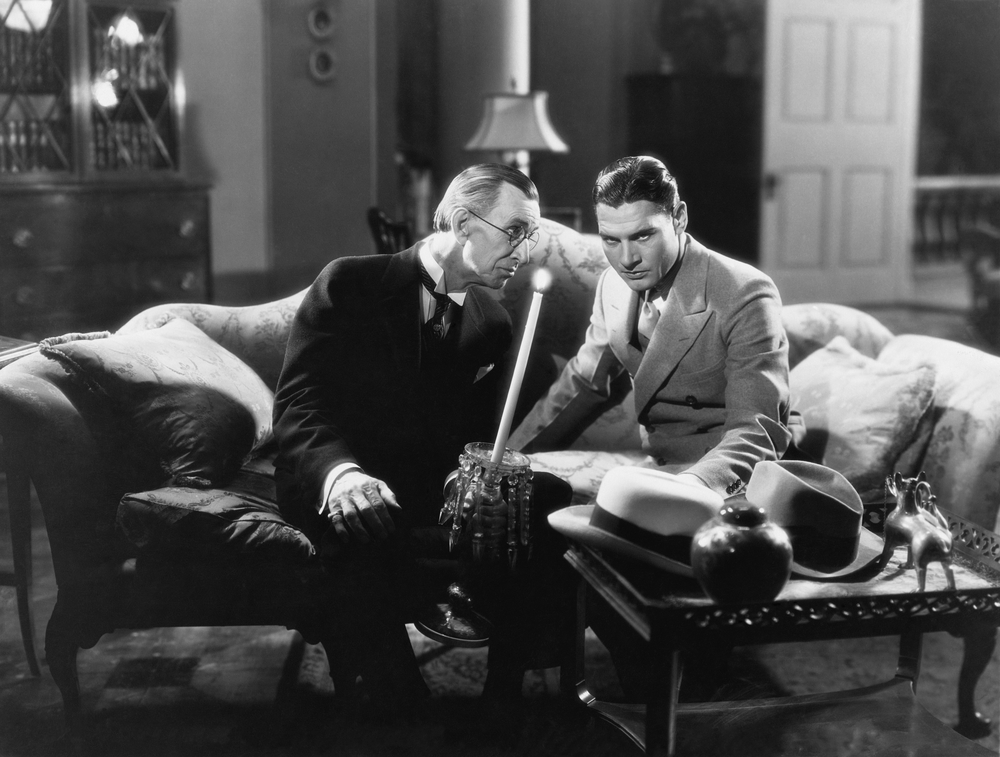
Entertainment Attorney Sebastian Gibson
With offices in Palm Desert, in the Palm Springs area, in Newport Beach in the Orange County community of Corona del Mar, and operating from our location near Malibu outside of Los Angeles and serving London from our meeting location in Shoreditch, we represent international entertainment clients and their projects and endeavors throughout the world.
Whether your endeavors are in film or television, producing, directing, acting, writing or creating, or in music, publishing, modeling, sports or in theatrical productions, Entertainment Attorney Sebastian Gibson is the right choice for all of your needs.
HBO and HBO Max’s Streaming Budget and Thirst For Studio Space
HBO is in a unique position being owned along with the Warner Bros studio by AT&T. With Warner Bros now planning to stream all of its 2021 films on HBO after only a short simultaneous window at movie theaters, HBO in one fell swoop obtained a slate filled with at least some of what would otherwise be considered to be theatrical blockbusters.
HBO’s and HBO Max’s budget for original content is thereby skewed by the fact that they will now have all of Warner Bros.’ 2021 films to stream.
Despite that unique situation, HBO’s and HBO Max’s 2021 budgets for original content production are still increasing. It’s estimated that HBO’s 2021 budget for original content is increasing by 50% and that HBO Max will be spending between $2.4 billion and $3.9 billion per year.
Once Netflix tied up the studios at Shepperton, Surrey, outside London, U.K. became even more booked up before for film production causing a race for new space to be built.
But land in London and Southeast England is hard to come by and is extremely expensive. While the industry would like to see the film industry less centered around London, investors are somewhat more wary of committing to financing locations father away from the English capital.
Screenwriter and director Steven Knight who was born in Birmingham has been working for years to develop a multi million pound Birmingham media village comprising of film and TV studios, and space for houses, bars and restaurants in Digbeth, an area in the center of the city. Central to the project will be his Mercian studios for television and film production.
As Knight among others have known for some time, for many years, filmmakers and production companies have been coming to the UK because of the talent in every facet of production. There’s a significant tax break for overseas film-makers, and while there are other locations with bigger tax breaks, Britain’s talent and locations are hugely attractive to production companies, both domestic and foreign.
Belfast did serve beautifully as the base for HBO’s Game of Thrones and Belfast Harbour Studios has more than 120,000 square feet of space for studios, workshops and offices.
In 2020, plans for the development of Ashford International Film Studios in Kent, England were approved. The project which includes 240,000 square feet of production space will be built on a 13-acre site at Kent’s derelict Newtown Railway Works. It will also feature a media village an educational center and a hotel.
The studios project in Kent is advantageously located close to the Ashford Eurostar stop, which provides links with Netflix’s European hub in Amsterdam and France’s TF1 television network.
But building new studios takes time. As an example, the project in Kent isn’t expected to open until early 2022.
T.C.D.I,, an investment company which purchased a significant interest in Twickenham Studios hopes to open 1m square feet of production space by 2024 by expanding Twickenham, in Richmond, London and at new facilities in Liverpool by investing a significant amount of funds in new UK studio space.
Another project in the works is Eastbrook Studios in Daggenham, in East London which when built, will house up to 12 sound stages and prop workshops on a 22-acre former factory site. Filming is hoped to start at the Daggenham studios in mid-2022.
Fortunately for HBO and HBO Max, Warner Bros has studios at Leavesden, in Hertfordshire, not far from London. The studios contain over half a million square feet of space for stages, production office space, workshops and support buildings, and an extensive back lot which provides a 180-degree uninterrupted horizon which is useful for exterior sets.
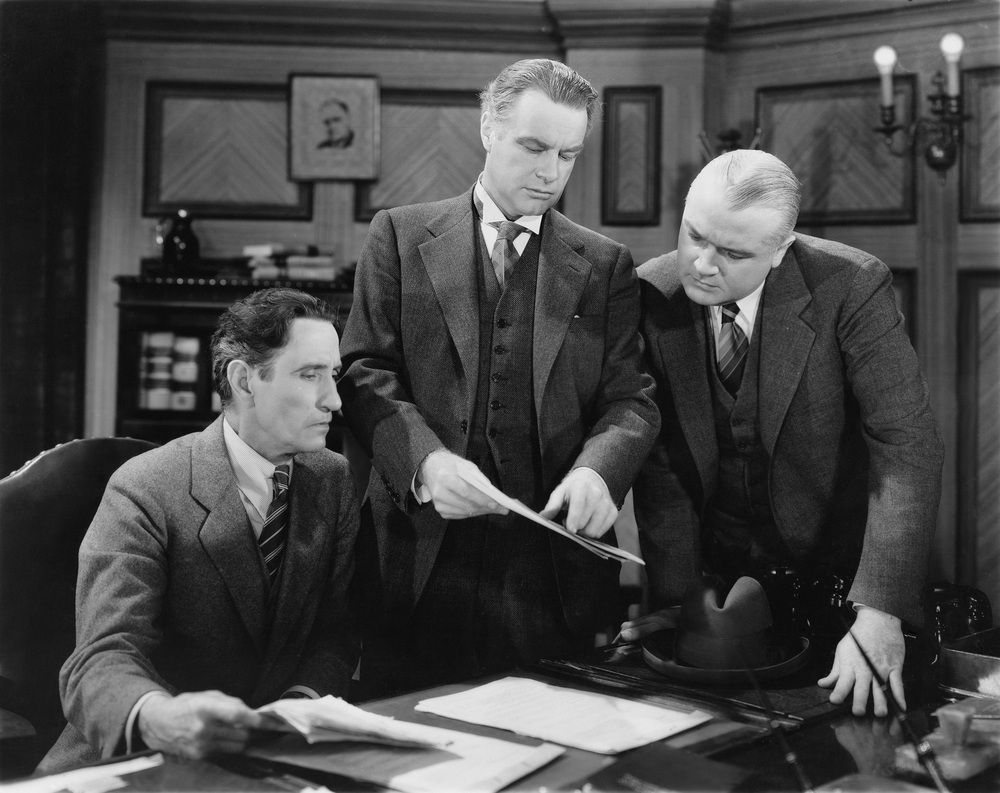
HBO Scripted and Reality TV Series Production Entertainment Agreements Lawyer Sebastian Gibson
At the Law Offices of Scripted and Reality TV Series Production Entertainment Agreements Lawyer Sebastian Gibson, we specialize in all facets of entertainment law. With expertise in film and television as well as acting, publishing, modeling, music, stage productions, celebrity representation, and international entertainment matters, Scripted and Reality TV Series Production Entertainment Agreements Lawyer Sebastian Gibson is the attorney to turn to for all your entertainment matters worldwide.
Having performed internationally on the stage and national television as a musician and singer with an Oscar nominated actress, then later as a songwriter, screen writer, author of a musical and as a published author, and finally with a strong interest in the law, it was always natural Sebastian Gibson would become an acclaimed and sought after entertainment lawyer.
Today California entertainment attorney Sebastian Gibson provides creative and legal advice to artists and producers in California, across the U.S., in England, Wales and throughout Great Britain, and worldwide.
As an experienced entertainment lawyer in California and England, Scripted and Reality TV Series Production Entertainment Agreements Lawyer Sebastian Gibson’s primary interest is in assisting the most talented individuals to gain recognition and the creative aspect of bringing quality projects to fruition across the entire spectrum of entertainment from film, cable, streaming, television, documentary, music video and animation productions to screen writing, acting, performing live, stage productions and musicals, world tours, songwriting, publishing, modeling, fashion design, sports, creative art, and artist representation.
California Entertainment Attorney Sebastian Gibson remains committed to the representation of artists, writers, musicians, models, artists, designers, writers, directors and producers throughout the entertainment industry in the U.S., the U.K., and worldwide.
As a respected writer and published author, California entertainment lawyer Sebastian Gibson also continues to providing cutting edge articles on the entertainment industry, some of which may serve as an outline for a series of courses to be taught in a major university’s entertainment curriculum.
Focused as he is on current and future developments in the entertainment industry, today one of the most exciting developments is the current golden age in the production of limited dramatic scripted series and reality television for streaming services which are fast becoming the lifeblood of the film and television market and which is creating a golden age of creativity that will last for decades to come.
While Covid-19 restrictions and safety precautions have significantly limited film and television production and severely limited concerts, live performances and world tours, Sebastian Gibson continues to assist artists and producers to bring their talent, their creations and projects to a world starved for a return to what was once normal in our lives.
Content produced on streaming services, whether scripted dramatic television, reality shows or streaming musical performances can never fully replace what was once normal in our lives, but they can in some small but important measure help to remind us of what we long for and what we were able to enjoy when we could safely socialize, take in a movie at a theater or attend a live concert, or even simply to listen to some live music in a restaurant or go to a stage show.
By fostering such creative content to be produced, Scripted and Reality TV Series Production Entertainment Agreements Lawyer Sebastian Gibson hopes some measure of hope can be brought to everyone grappling with the effects of this terrible pandemic.




